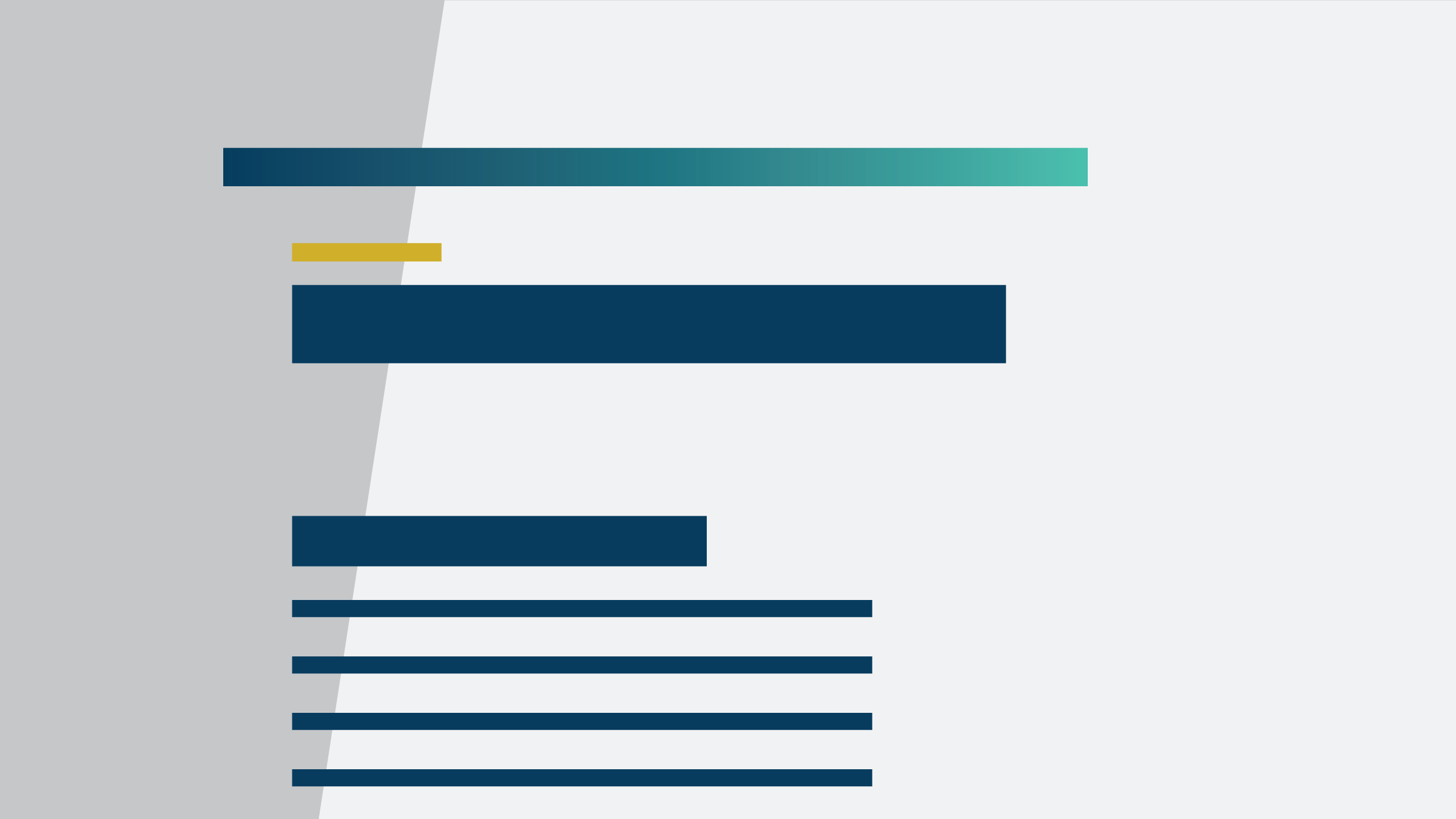Abstract
We explore the welfare consequences of different taxation schemes in an economy where agents are debt-constrained. If agents default on their debt, they are banned from future credit markets, but retain their private endowments which are subject to income taxation. A change in the tax system changes the severity of punishment from default and, hence, leads to a limitation of possible risk sharing via private contracts. The welfare consequences of a change in the tax system depend on the relative magnitudes of increased risk sharing forced by the new tax system and the reduced risk sharing in private insurance markets. We quantitatively address this issue by calibrating an artificial economy to US income and tax data. We show that for a plausible selection of the structural parameters of our model, the change to a more redistributive tax system leads to less risk sharing among individuals and lower ex-ante welfare.






